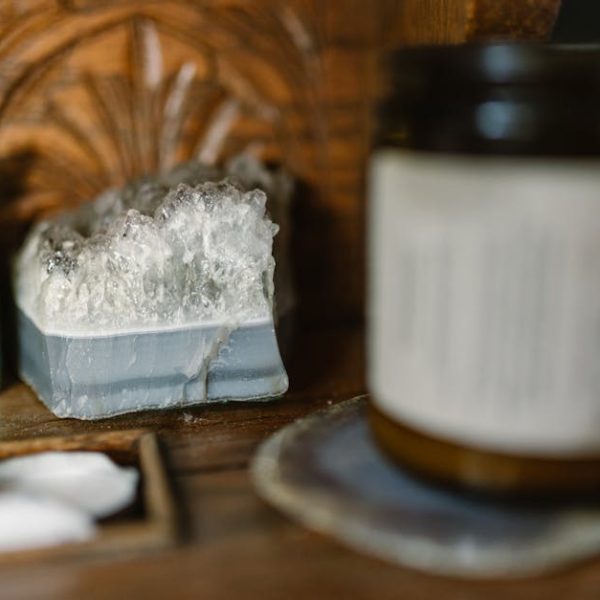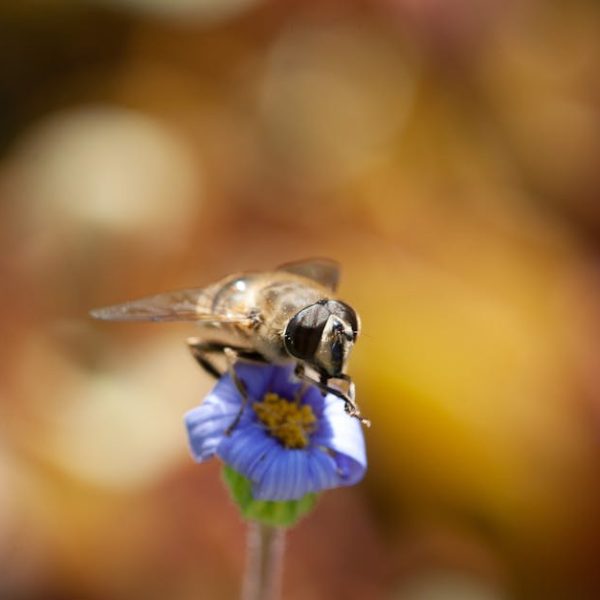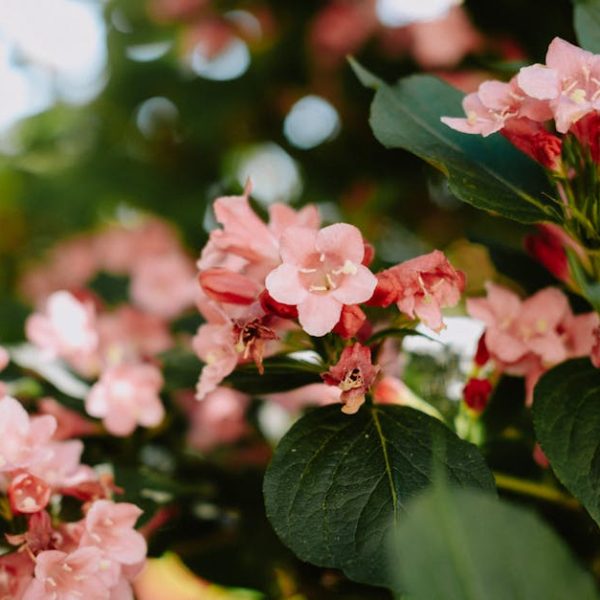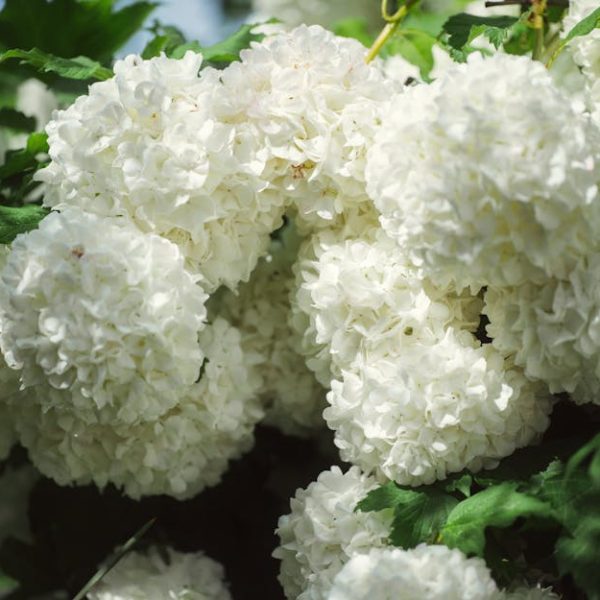For dog owners who value their outdoor spaces, maintaining a fresh and pleasant ambiance can sometimes seem challenging. That’s particularly true when your adorable fur baby leaves their ‘little gifts’ around the yard. The odor can quickly become overwhelming, especially during the warmer months, when smells become more potent. However, fret not – there are effective methods to control dog poop odors outdoors and keep your yard fresh. In this article, we’ll explore key strategies encompassing regular pickup, using odor neutralizers, implementing effective disposal methods, considering dog diet modification, and exploring various yard treatments.
Pick Up Regularly
One of the most basic ways to control outdoor dog poop odor is to implement a regular cleanup schedule. Waste left lying around not only smells bad, but it also attracts pests and can be a health hazard. Timing is essential; it’s best to pick up dog waste immediately to prevent it from beginning to decompose or becoming hard and more difficult to remove.
What you need for effective cleaning mostly depends on your personal preferences. Some people are comfortable with simple latex gloves and a waste bag. Still, others prefer specialized equipment like hand scoopers or pooper scoopers, which provide more distance between your hands and the waste.
Steps to Effectively Pick Up Dog Waste:
- Choose the right tools: a scooper, gloves, or waste bags.
- Determine a regular cleanup schedule and stick to it.
- Immediately bag and seal the waste to contain the odor.
Hand Scooper vs Pooper Scooper:
Comparing these two tools, most would agree that while a hand scooper is usually more affordable and compact, a pooper scooper provides more convenience with extended reach and built-in bag storage.
Use Dog Poop Odor Neutralizers
While regular cleanups can significantly reduce the impact of poop odor, using odor neutralizers specifically designed for dog waste can further help control the smell. These products contain enzymes or bacteria that break down the components in dog waste that produce foul odors.
Most dog poop odor neutralizers are safe for plants, pets, and humans; they are formulated to destroy harmful bacteria in dog waste. While there are numerous products in the market that can handle such a task, be sure to read product reviews and choose based on effectiveness, safety, and cost.
Top Dog Poop Odor Neutralizers in the Market:
- NaturVet Yard Odor Eliminator
- PetSafe Wee Care Pet Enzyme Cleaner
- Simple Green Outdoor Odor Eliminator
Pros and Cons of Homemade versus Store-bought Neutralizers:
While homemade odor neutralizers, typically made with vinegar or baking soda, can save money and are generally safe, they may not be as effective at breaking down waste and reducing the odor. On the other hand, store-bought versions are often stronger and formulated specifically for pet waste.
Implement Effective Disposal Solutions
After picking up the waste and neutralizing the odor, the next step is proper disposal. There are several methods available: using specifically designed dog poop waste bins, utilizing biodegradable bags for general trash disposal, or even composting dog waste.
Each method has its own pros and cons, with effectiveness and odor control impact differing. Cost, ease of implementation, and environmental impact can also play a role in deciding the best method for your situation.
Factors to Consider when Choosing a Disposal Method:
- Cost of implementation and maintenance.
- Efficiency in odor control.
- Environmental impact.
Bin Disposal vs Composting:
| Bin Disposal | Composting | |
|---|---|---|
| Cost | Moderately Cheap | Low to High (Dependent on composting method) |
| Odor control | Good (Especially with specialized bins) | Varies (Depends on how well the composting process is managed) |
| Environmental Impact | Moderately Low (If biodegradable bags are used) | High (Nutrient-rich compost can be beneficial for plants) |
Consider Dog Diet Modification
Interestingly, your dog’s diet can affect the odor of their waste. Certain foods and ingredients cause stronger smelling waste, while others result in more mild odors. Therefore, it might be beneficial to review what you’re feeding your dog and consider a diet modification.
If you’re unsure of what adjustments to make, it’s best to consult a professional such as a vet or professional nutritionist. They should provide guidance based on your dog’s specific needs.
Tips on How to Slowly Adjust Your Dog’s Diet:
- Introduce changes gradually to avoid upsetting your dog’s digestive system.
- Start by mixing a small proportion of the new food with the old, and gradually increase the amount.
- Monitor your dog’s reaction closely. Normal stool and good health indicate positive adjustment.
Different Dog Diet Types and Their Effects on Waste Odor:
For example, a high protein diet typically results in stronger odours, while a balanced diet rich in fiber may produce less offensive waste.
Explore Yard Treatments and Maintenance
Finally, yard treatments and regular maintenance can assist in controlling poop odors around your outdoor spaces. This can include applying odor eliminating granules, repellent sprays, or simply watering and cleaning your yard regularly.
Moreover, if you practice gardening, yard maintenance can serve a dual purpose. For instance, planting odor-absorbing plants can beautify the yard while controlling odors indirectly.
Top Yard Treatments to Control Dog Poop Odor:
- Simple Green Yard Odor Eliminator
- NaturVet Yard Odor Eliminator Plus Citronella Spray
- Dog Rocks – Lawn Burn and Odor Preventer
Best Practices for Yard Maintenance For Odor Control:
- Regularly water and clean your yard.
- Apply odor control granules or sprays as directed by the product.
- Consider planting odor-absorbing plants like mint or lavender.
In conclusion, controlling dog poop odors outdoors requires an integrated approach encompassing regular waste pickup, use of odor neutralizers, proper waste disposal, possible diet modifications, and yard treatments. Although the task may seem overwhelming at first, establishing a good routine and employing these strategies will undoubtedly help keep your yard fresh and inviting. So, let’s get started on making your outdoor space more enjoyable for both you and your furry friend!
Key Takeaway:
- Regular waste removal is essential to limit odor.
- Neutralizers specifically targeting dog waste odor are effective, safe, and budget-friendly for odor control.
- Various disposal methods like specific waste bins, biodegradable bags, and dog poop composting have varying influencing factors and implications for odor control.
- Changing your dog’s diet can influence waste smell.
- Yard treatments and routine maintenance can help reduce poo odors and enhance the ambiance of your outdoor space.
A fresh and pleasant yard is achievable even with your dog’s occasional ‘little gifts’. By integrating regular waste pickup, using specific odor neutralizers, implementing appropriate disposal methods, possibly modifying your dog’s diet, and regular yard maintenance, controlling dog poop odors in your outdoors could be more manageable. Stand firm to your purpose: a fresher yard for an enjoyable outdoor space for you and your furry friend!
FAQs
Q: How often should I pick up dog waste in my yard?
A: Ideally, dog waste should be picked up immediately to prevent the odor from spreading and becoming difficult to remove later. If not possible, try to establish a regular cleanup schedule, for example, once in the morning and once in the evening.
Q: Are dog poop odor neutralizers safe for my other pets and plants?
A: Most dog poop odor neutralizers are safe for plants, pets, and humans. Always check the product labels or consult with a professional if unsure.
Q: Can I make a homemade odor neutralizer for dog waste?
A: Yes, homemade odor neutralizers can be made using common household items like vinegar or baking soda. However, they might not be as effective as commercial products specifically formulated to tackle pet waste odors.
Q: Can the type of food I give my dog affect the odor of their waste?
A: Yes, your dog’s diet can significantly influence the odor of their waste. For instance, a high protein diet can result in stronger odors. You may consult with a professional for dietary advice.
Q: Are there specific plants that can help absorb odor in my yard?
A: Yes, some plants like mint and lavender are known to absorb odors. They can be a valuable addition to your yard, not only for their aesthetic appeal but also for their odor absorption properties.
Do share this article if you found it useful and explore more posts on our website for more pet ownership insights.






